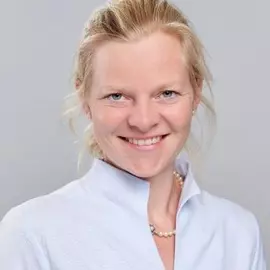Exploration of Country-specific Barriers and Facilitators for the Implementation of Physical Activity according to the EULAR Physical Activity recommendations for people with Rheumatic Musculoskeletal Diseases in four different European countries (COPA)
Description
Personal barriers and facilitators to Physical activity (PA) have been reported in several studies conducted with patients with rheumatic musculoskeletal diseases. They were generally very similar (e.g., symptoms, erroneous beliefs, social support). However, European countries differ on factors regarding e.g., healthcare system, culture, weather conditions, the environmental design of cities, income, health literacy, etc. It is unclear what country-specific facilitators and barriers exist and to what extent they differ; a systematic evaluation is lacking. This is an important knowledge gap, because these country-specific characteristics on e.g., organization and system level may also influence PA behaviour or hinder the uptake or maintenance of PA behaviour.
Therefore, the aim of this project, named COPA (COuntry-specific Physical Activity), is to systematically survey and explore barriers and facilitators for the implementation of PA according to the EULAR PA recommendations on country specific (e.g., environmental, cultural, organization and system) level. A questionnaire to explore/identify these barriers and facilitators in the survey will be developed through literature search, interviews with multiple stakeholders (i.e., RMD patients and physical therapists) and experts in the field in four different European countries (i.e., Turkey, Switzerland, the Netherlands and France).
Key Data
Projectlead
Project team
Project partners
Leiden University / Medical Center; Sorbonne University / Institut Pierre Louis d‘Épidémiologie et de Santé Publique; Acibadem University
Project status
ongoing, started 09/2023
Institute/Centre
Institute of Physiotherapy (IPT)
Funding partner
European Alliance of Associations for Rheumatology EULAR / HPR Grant
Project budget
30'000 EUR
